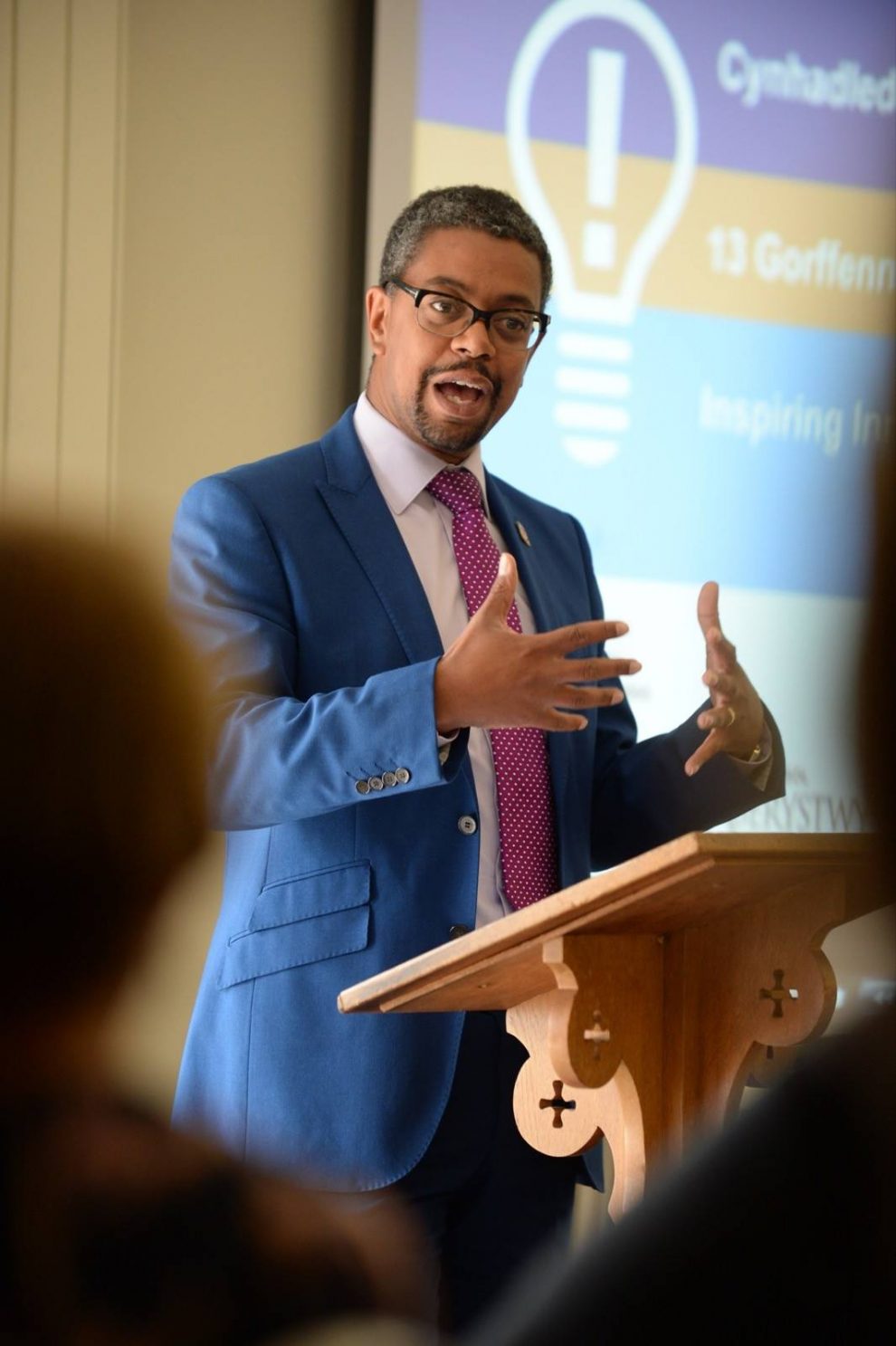HEALTH Secretary, Vaughan Gething and Education Secretary, Kirsty Williams have agreed a £1.4m investment to strengthen the support from specialist child and adolescent mental health services (CAMHS) to schools.
Dedicated CAMHS practitioners will be recruited to work with pilot schools in three areas across Wales. The practitioners will provide teachers with on-site help and advice, ensuring pupils experiencing difficulties such as anxiety, low mood, and compulsive self-harm or conduct disorders receive early help in schools from suitably trained staff, preventing more serious problems occurring later in life.
The model will enable:
- Support for teachers to better understand childhood distress, emotional and mental health problems, and reduce stress experienced by teachers concerned about their pupils, by up-skilling them to recognise and deal with low level problems within their competence
- Ensuring that when issues are identified that are outside teachers’ competence and skills, that specialist liaison, consultancy and advice is available to enable the young person to be directed to more appropriate services such as CAMHS or Local Primary Mental Health Support Services, and to support the teacher and school in providing for the young person’s educational needs
- Ensuring systems are in place to share appropriate information between CAMHS and schools, shared care arrangements are agreed for those young people requiring more intensive support,and that arrangements are in place to escalate/de-escalate as the young person’s needs dictate
Initially operating as a pilot programme, the initiative will commence by the end of 2017 and cover two full academic years, concluding in the summer of 2020. The results will be evaluated, and take into account a broad range of measures from the perspective of both teachers and pupils.
Wales has led the way in the UK by being the only nation that requires local authorities to provide counselling services in their area for children and young people aged between 11 and 18, as well as pupils in Year 6 of primary school. This initiative complements that work by providing an additional layer of more specialist support in schools.
Health Secretary, Vaughan Gething said: “One in four people in Wales will experience mental health problems at some point in their lives. Getting the right treatment at an early stage, coupled with greater awareness of conditions, can in many cases prevent long term adverse impacts.
“This unique new initiative we’re unveiling today will see specialist NHS Wales services extend into the classroom. This will ensure children, teachers and others charged with caring for children in our schools, receive support to promote good emotional and mental health. It will help identify and address issues early, helping to prevent more serious problems occurring later in life.
“One of the Welsh Government’s key aims is to improve the health and well-being of the people of Wales. This will help us achieve our ambition of prosperity for all, while taking significant steps to shift our approach from treatment to prevention.
“We hope this initiative will improve accessibility to support services, better address school related stress, and ease pressures on specialist CAMHS by reducing inappropriate referrals. We also hope it will facilitate a wider culture which promotes and values positive mental health and wellbeing within our schools.”
Education Secretary, Kirsty Williams said: “Most young people spend a large part of their time in school, so there is a clear need for teachers to be able to help and support them should they experience difficulties in life, such as anxiety, low mood, compulsive self-harm or behaviour disorders.
“Through this new initiative, we are making schools places that actively promote positive mental health and wellbeing, providing evidence-based prevention and early intervention where it’s needed.
“For children and young people, it will enable them to have their problems addressed earlier, before they escalate. For teachers, it will help ensure they feel able and confident in dealing with emotional distress, and know where to go to seek support.”
Responding to the announcement, Chris Keates, General Secretary of the NASUWT-The Teachers’ Union, said: “Teachers and school leaders are deeply concerned about the mental health issues being faced by the children and young people they teach.
“A recent NASUWT survey showed high on the list of issues was the lack of timely and effective access to CAMHS services when pupils exhibit mental health problems.
“Less than a quarter of the teachers surveyed were confident they would be able to get timely support from expert services such as CAMHS and therefore the announcement that dedicated CAMHS professionals will be recruited to work in a number of schools during the pilot will no doubt be welcomed by the profession.
“Going forward however, it will be important that teachers are not expected to take the place of qualified healthcare professionals.
“Whilst support for teachers to recognise the signs of mental and emotional distress in their pupils may be helpful, this must not lead to teachers, already struggling to cope with excessive and unsustainable workloads, being expected to diagnose, treat and manage pupils’ mental health.”
Rex Philips, NASUWT National Official Wales, said: “It is disappointing that, having acknowledged the mental health issues facing children and young people, yet again the extensive evidence of the mental health issues faced by teachers themselves has been ignored.
“The Welsh Government must also act to provide pupils and teachers alike with direct and readily available access to mental health services staffed by professionally qualified and trained staff and also to tackle the contributory factors in schools which are damaging mental health and wellbeing.”
The policy document’s release follows a call by the National Education Union to have ‘wellbeing officers’ permanently located in schools.
“Having a more standardised approach ensuring additional funding is put into schools to employ people specifically trained for wellbeing could certainly be looked at,” Owen Hathway, Wales’ policy officer at NEU Cymru, said.
The Children’s Commission for Wales, Professor Sally Holland, said: “I don’t think teachers can be expected to undertake the mental health work in schools, there are experts who can come into schools to do that with the necessary expertise and training.
“Schools need better and more direct access to mental health services so teachers have someone they can pick up the phone to or speak to in school to get the expert help they need.”
The two-year Welsh Government trial will take place across north east, south east Wales and Ceredigion.


















Add Comment